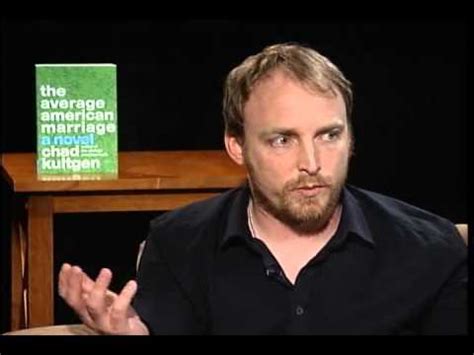A Quote by Marlon James
The fiction writer in me likes gaps in stories because I can jump into that gap and try to suggest something.
Related Quotes
There's a gap between what I want to do, what I do on camera, and what gets edited. Right? So the goal is to try and close the gaps. What's the biggest compliment is if I read a review and it's exactly what I wrote down in my diary before ever filming it. That's really cool. That's the biggest signifier of closing the gaps.
The gaps are the thing. The gaps are the spirit's one home, the altitudes and latitudes so dazzlingly spare and clean that the spirit can discover itself like a once-blind man unbound. The gaps are the clefts in the rock where you cower to see the back parts of God; they are fissures between mountains and cells the wind lances through, the icy narrowing fiords splitting the cliffs of mystery. Go up into the gaps. If you can find them; they shift and vanish too. Stalk the gaps. Squeak into a gap in the soil, turn, and unlock-more than a maple-universe.
Creative non-fiction is such a liberating genre because it allows the non-fiction writer, whether he or she be journalist or essayist, to use all of the techniques of the fiction writer and all of the ideas, creative approaches, that fiction writers get a chance to use, but they have to use it in a true story.
Pay attention to the gap - the gap between two thoughts, the brief, silent space between words in a conversation, between the notes of a piano or flute, or the gap between the in-breath and the out-breath. When you pay attention to those gaps, awareness of 'something' becomes - just awareness. The formless dimension of pure conciousness arises from within you and replaces identification with form.
I would also suggest that any aspiring writer begin with short stories. These days, I meet far too many young writers who try to start off with a novel right off, or a trilogy, or even a nine-book series. That's like starting in at rock climbing by tackling Mt. Everest. Short stories help you learn your craft.
I remember reading an interview with a writer who said that in nonfiction if you have one lie it sort of messes it up. But in fiction the real details give you so much more credibility, because people do so much research just to write fiction. In fiction you're trying to recreate something lifelike.
Everyone likes to tell stories. And gossip is, of course, even more exciting, if you know the people. But if the gossip's about yourself, it's very weird. They once wrote about me that I had been clubbing with some guys. At the moment I'm a victim and that hurts because it's not me who does something like that. Such stories are just unfair.
I felt like I was a writer, and I just thought filmmaking was the best way for me to express that, because it allows me to embrace the visual world that I love. It's allows me to interact with people, to be more social than fiction or poetry, and it felt like the right way for me to tell the stories that felt pressing to me.
Scientists rightly resist invoking the supernatural in scientific explanations for fear of committing a god-of-the-gaps fallacy (the fallacy of using God as a stop-gap for ignorance). Yet without some restriction on the use of chance, scientists are in danger of committing a logically equivalent fallacy-one we may call the “chance-of-the-gaps fallacy.” Chance, like God, can become a stop-gap for ignorance.





































